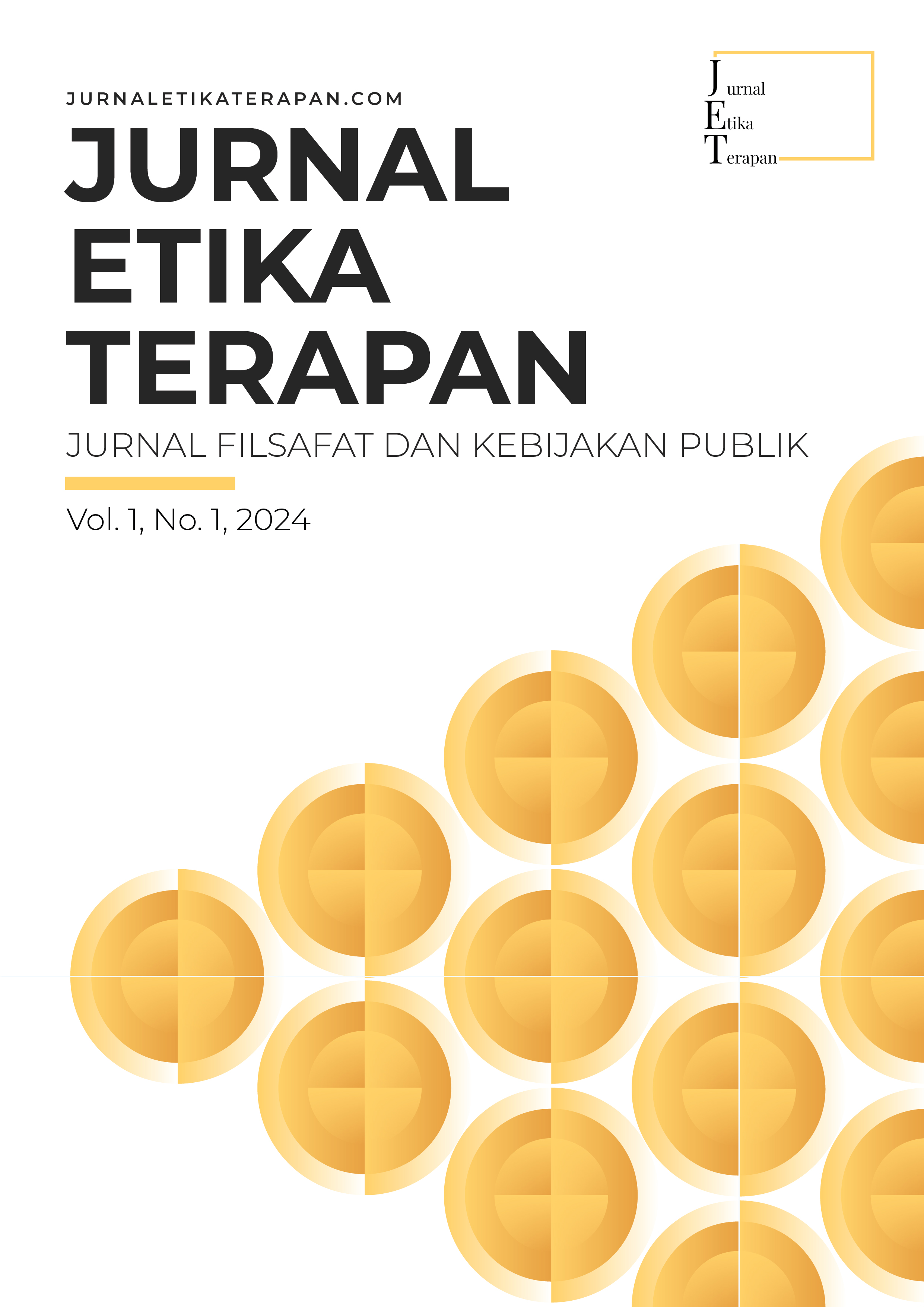Mempertimbangkan Konsekuensi Etis Penerapan Quantitative Easing di Indonesia
Kata Kunci:
Central Bank, Sustainable Development Goals, monetary policy, quantitative easing, utilitarianism, consequentialismAbstrak
This article explores the ethical consequences related to the implementation of monetary policy, specifically Quantitative Easing (QE). The central question addressed in this article is whether the application of monetary policy, particularly QE, has genuinely adhered to ethical foundations in maintaining an equilibrium balance that is fair and equitable. In evaluating the urgency of implementing QE, the author employs a qualitative approach within a constructivist paradigm. The findings reveal that while QE, on the one hand, can stimulate economic growth, on the other hand, it also brings about inequality impacts, particularly felt by the unemployed, thereby disrupting the ethics of the economy itself. Therefore, further research involving interdisciplinary experts is necessary to reframe monetary policies appropriately to ensure that their implementation genuinely contributes to a fair and equitable collective well-being.
Unduhan
Diterbitkan
Terbitan
Bagian
Lisensi
Hak Cipta (c) 2024 Jurnal Etika Terapan

Artikel ini berlisensi Creative Commons Attribution 4.0 International License.





